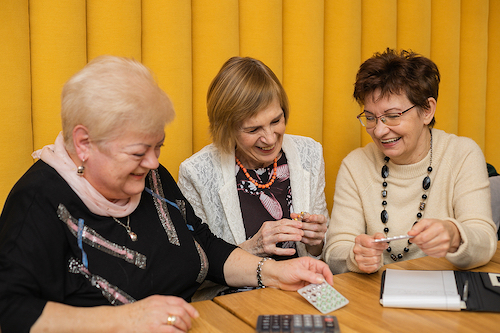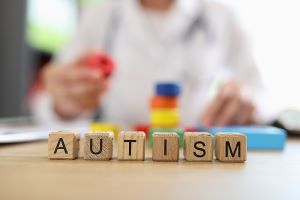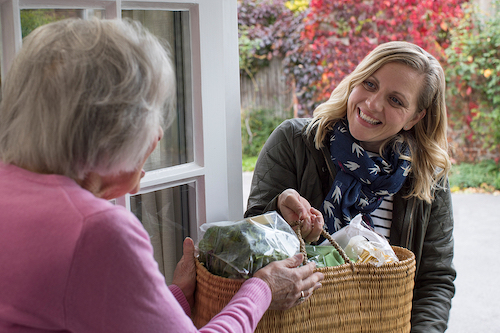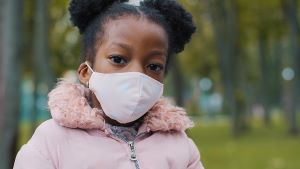February 14, 2023
by Patricia Tomasi

A new study published in the Journal of Personality and Social Psychology looked at attachment anxiety and how it predicts false memories when people can see the communicator. “Past research has linked attachment avoidance with forgetting specifically relational material,” study author Dr. Nathan W. Hudson told us. “Conversely, prior studies have shown that attachment anxiety predicts false memories in relationship contexts.”
[More]
February 7, 2023
by Patricia Tomasi

A new study published in the European Journal of Cancer looked at the effect of behavioral graded activity on physical activity level, health-related quality of life, and symptom management in cancer patients and survivors. “In this paper, we screened the literature for studies which had the goal of increasing daily activity levels in cancer patients and survivors,” study author Astrid Larousse told us. “Unfortunately, most individuals face barriers to become a more physically active person.”
[More]
January 31, 2023
by Elizabeth Pratt

Receiving support from others could help ease the impact from genetic risk for depression.
Researchers from the University of Michigan found that individuals with a high genetic risk for developing depression most benefit from a nurturing social environment.
[More]
January 31, 2023
by Patricia Tomasi

A new study published in the Journal of Molecular Psychiatry looked at an autism-associated mutation in human neurons. “In this study, we are trying to understand the mechanism underlying a genetic mutation linked to autism,” Dr. Le Wang, lead author, told us. “Since the gene is involved in the information flow in the brain, we wanted to find out if the genetic mutation leads to abnormal information flow in humans using a human neural model.”
[More]
January 30, 2023
by Elizabeth Pratt

Feeling low? Performing a good deed for others may help.
Research published in The Journal of Positive Psychology found that people experiencing symptoms of depression and anxiety saw improvements in their symptoms when they performed acts of kindness.
[More]
January 29, 2023
by Elizabeth Pratt

Daily engagement in political news can have a negative impact on mental health, but disengaging can also have consequences.
Research published in the Journal of Personality and Social Psychology found that strategies to manage the negative emotions that come from daily engagement may also reduce an individual’s motivation to act on what they care about politically.
[More]
January 28, 2023
by Elizabeth Pratt

Teenagers with positive psychological assets like optimism and feeling loved are more likely to reach their 20s and 30s in good cardiometabolic health.
A study published in the Journal of the American Heart Association found that teens who felt happy, optimistic, had good self-esteem, felt loved and felt a sense of belonging had better cardiometabolic health later in life compared to their peers without these positive psychological assets.
[More]
January 24, 2023
by Patricia Tomasi

A new study published in Education Researcher looked at teachers’ mental health during the COVID-19 pandemic. “Our study investigated teachers’ mental health throughout the pandemic, comparing outcomes between teachers and other professionals,” study author Joseph M. Kush told us.
[More]
January 17, 2023
by Patricia Tomasi

A new study published in Scientific Reports looked at parasocial relationships on YouTube and how they reduce prejudice towards mental health issues. “Prejudice is a big issue among society and it’s been well established that contact between different groups of people is an effect way to help reduce that prejudice,” study author Shaaba Lotun told us.
[More]
January 10, 2023
by Patricia Tomasi

A new study published in the Journal of Child Psychology and Psychiatry looked at the impact of COVID-19 on psychopathology in children and young people worldwide. “Our study is about tracking what the changes were in children and adolescents’ mental health from before the pandemic to during the pandemic, by bringing together findings from lots of research published in the last two years,” study author Abigail Emma Russell told us.
[More]